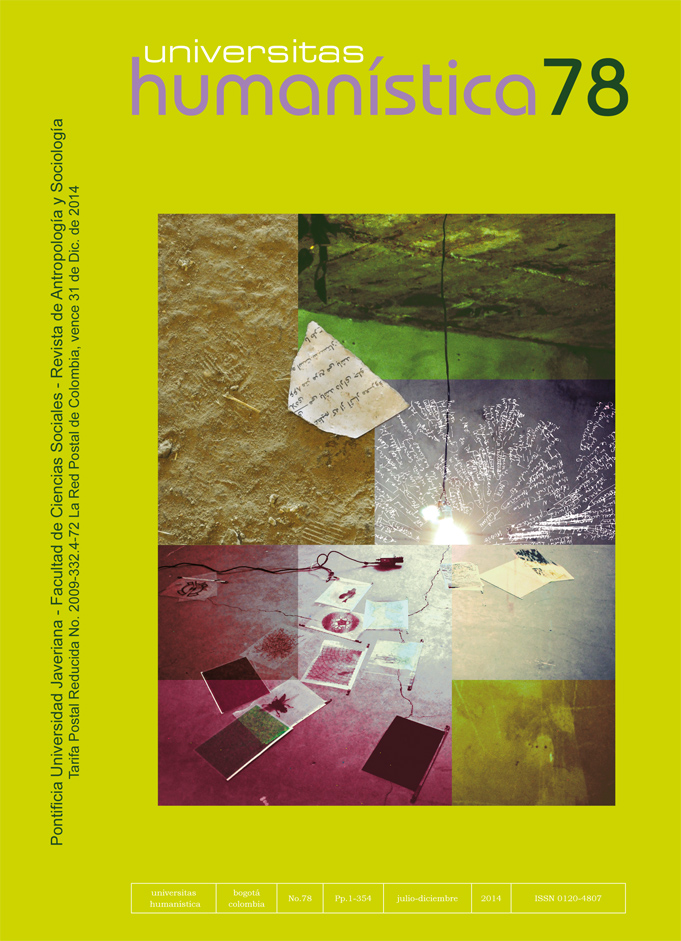Abstract
Transgender feminism, more popularly termed as transfeminism, is a feminist line of thought and practice which discusses and criticizes the morphological subordination of gender (as psychosocial construction) to sex (as biology), with theoretical and political repercussions on the bodies. This article identifies, through critical analysis, the theoretical foundations of transfeminism in the historical process of political consciousness and resistance, from readings which orientate academics and activists, constituted by the black feminism and other lines of feminist thought; recognizing and pointing out to the multiple contributions of diverse guidelines. The conclusion is that the fundamental elements that determine and guide transgender feminism are: the redefinition of the match between gender and biology, the reiteration of the interactional character of the oppressions, the recognition of stories of struggle for free gender expression and the validation of contributions from any individuals for the transfeminist thought and action, regardless of their gender identification.
This journal provides immediate open access to its content on the principle that making research freely available to the public, encourages greater global exchange of knowledge.
The journal Universitas Humanística is registered under a Creative Commons Attribution 4.0 International Public License. Thus, this work may be reproduced, distributed, and publicly shared in digital format, as long as the names of the authors and Pontificia Universidad Javeriana are acknowledged. Others are allowed to quote, adapt, transform, auto-archive, republish, and create based on this material, for any purpose (even commercial ones), provided the authorship is duly acknowledged, a link to the original work is provided, and it is specified if changes have been made. Pontificia Universidad Javeriana does not hold the rights of published works and the authors are solely responsible for the contents of their works; they keep the moral, intellectual, privacy, and publicity rights.
Approving the intervention of the work (review, copy-editing, translation, layout) and the following outreach, are granted through an use license and not through an assignment of rights. This means the journal and Pontificia Universidad Javeriana cannot be held responsible for any ethical malpractice by the authors. As a consequence of the protection granted by the use license, the journal is not required to publish recantations or modify information already published, unless the errata stems from the editorial management process. Publishing contents in this journal does not generate royalties for contributors.


